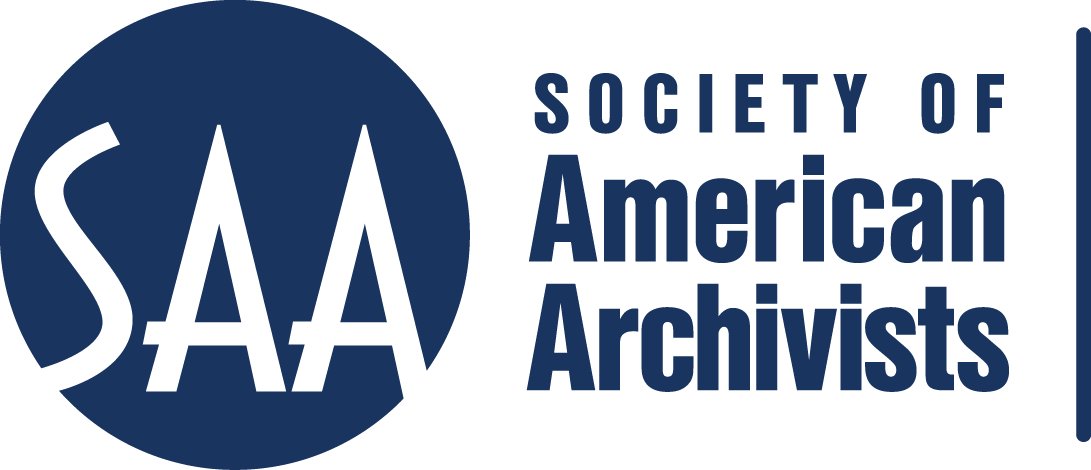In the Eye of the Beholder: Archives Administration from the User's Point of View
The author proposes that we learn systematically, not impressionistically, who our users are and might be, what kinds of projects they pursue, and, most important, how they approach records. We must begin to think of archives administration as being centered on our clients, not on materials. Freeman presents a series of misassumptions on which archivists operate and thereby render their work with users far less effective than it might be. The misassumptions are that: as a profession we are oriented toward users; we know who these users are; we understand the nature of research; and we provide adequate help in doing it. She discusses three of these misassumptions at length and examines the changing nature of research, the problems inherent in our finding aids, and the likelihood of a useful connection between how the researcher approaches information and the development of realistic appraisal standards. She then proposes a series of national, regional, and local efforts intended to retrain our thinking about the place of users in archives administration. These include a nationally initiated study of usership, national recognition for exemplary outreach programs, local programs that will elicit information from users, a reexamination of our descriptive and reference practices, and a restructuring of our archival training programs.

